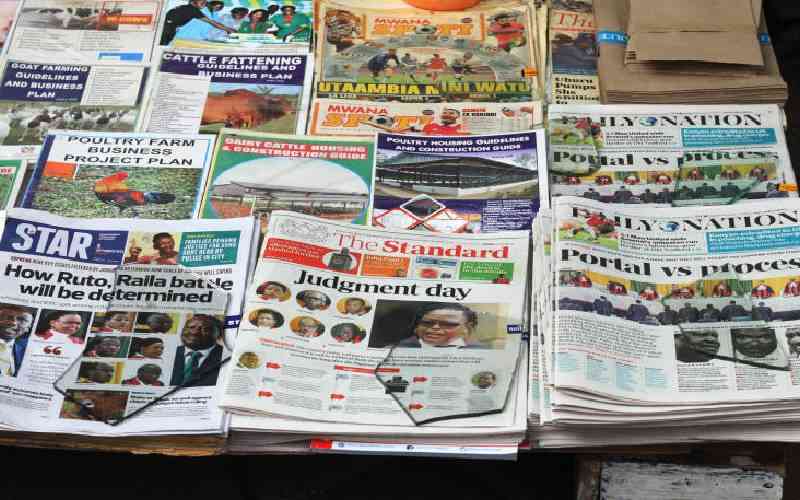×
The Standard e-Paper
Fearless, Trusted News

When opposition leader Raila Odinga challenged former President Uhuru Kenyatta's re-election in 2017, his first prayer was for an order to open and scrutinise the electoral servers.
His prayers were answered when the Supreme Court ordered a scrutiny of the Independent Electoral and Boundaries Commission (IEBC) servers used during the 2017 presidential election and a report filed which, in part, influenced the decision to nullify the presidential poll.